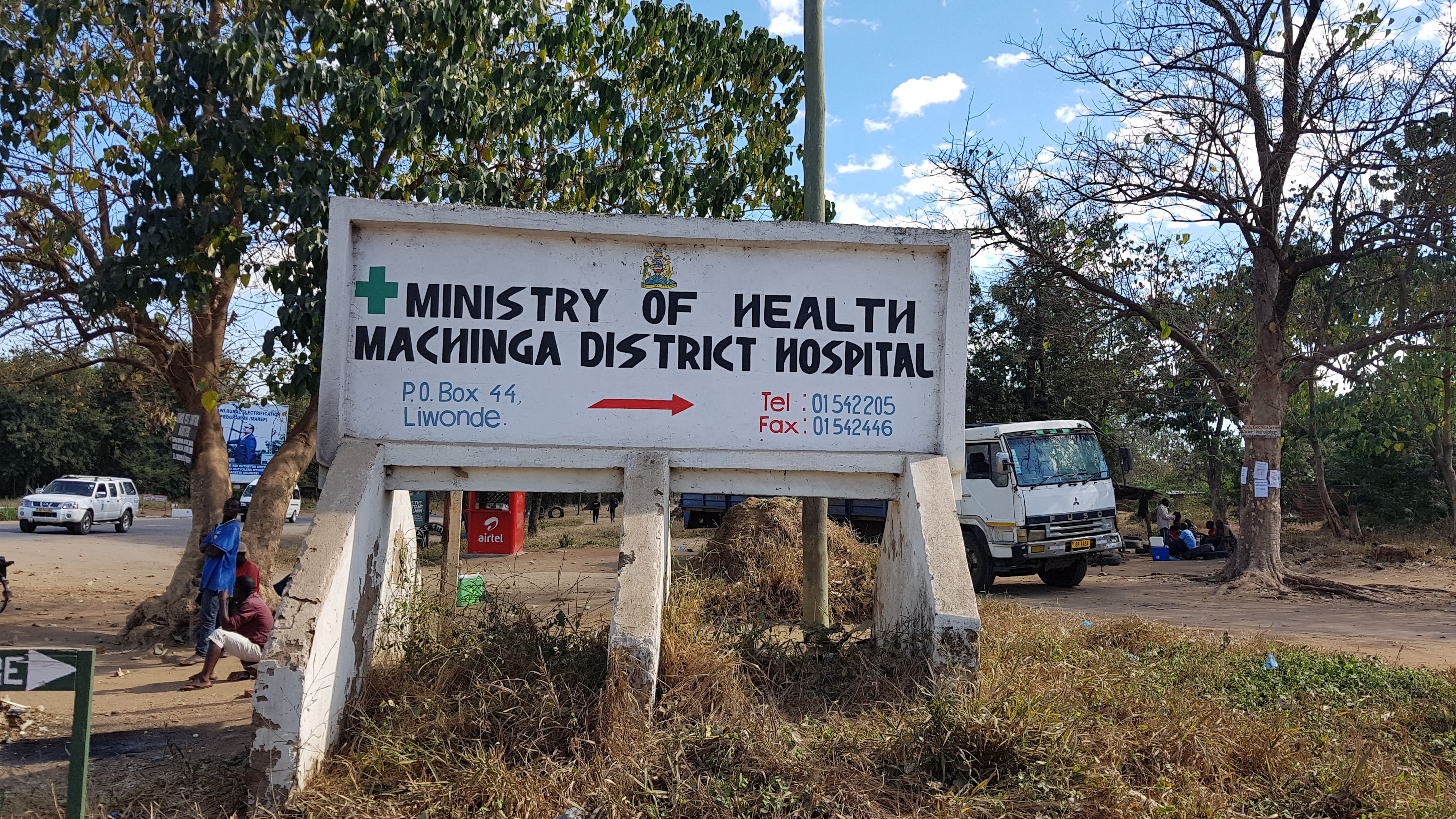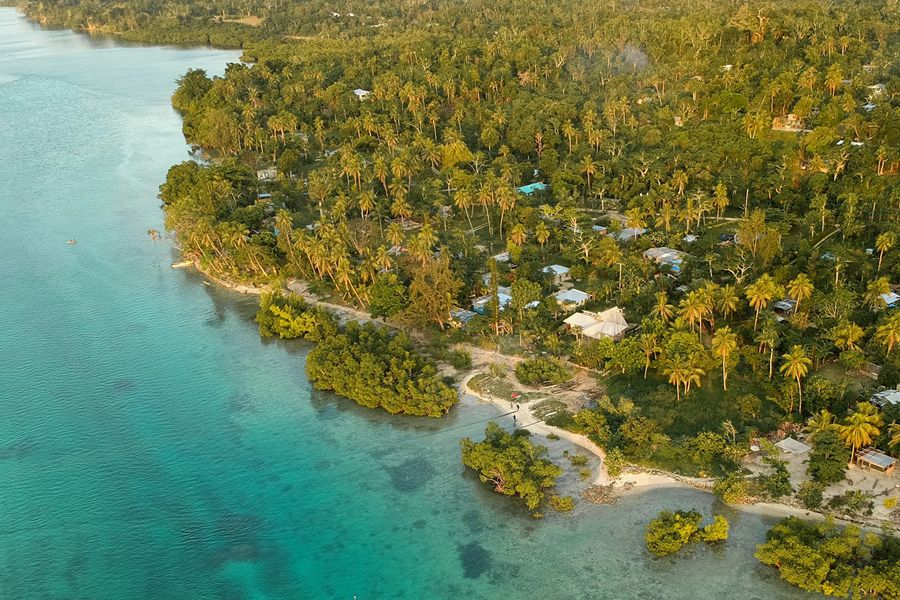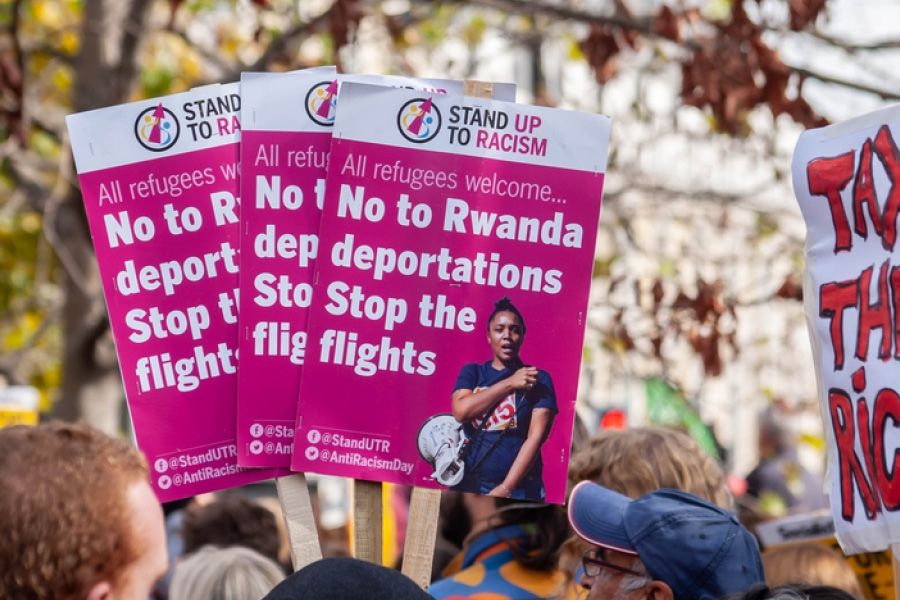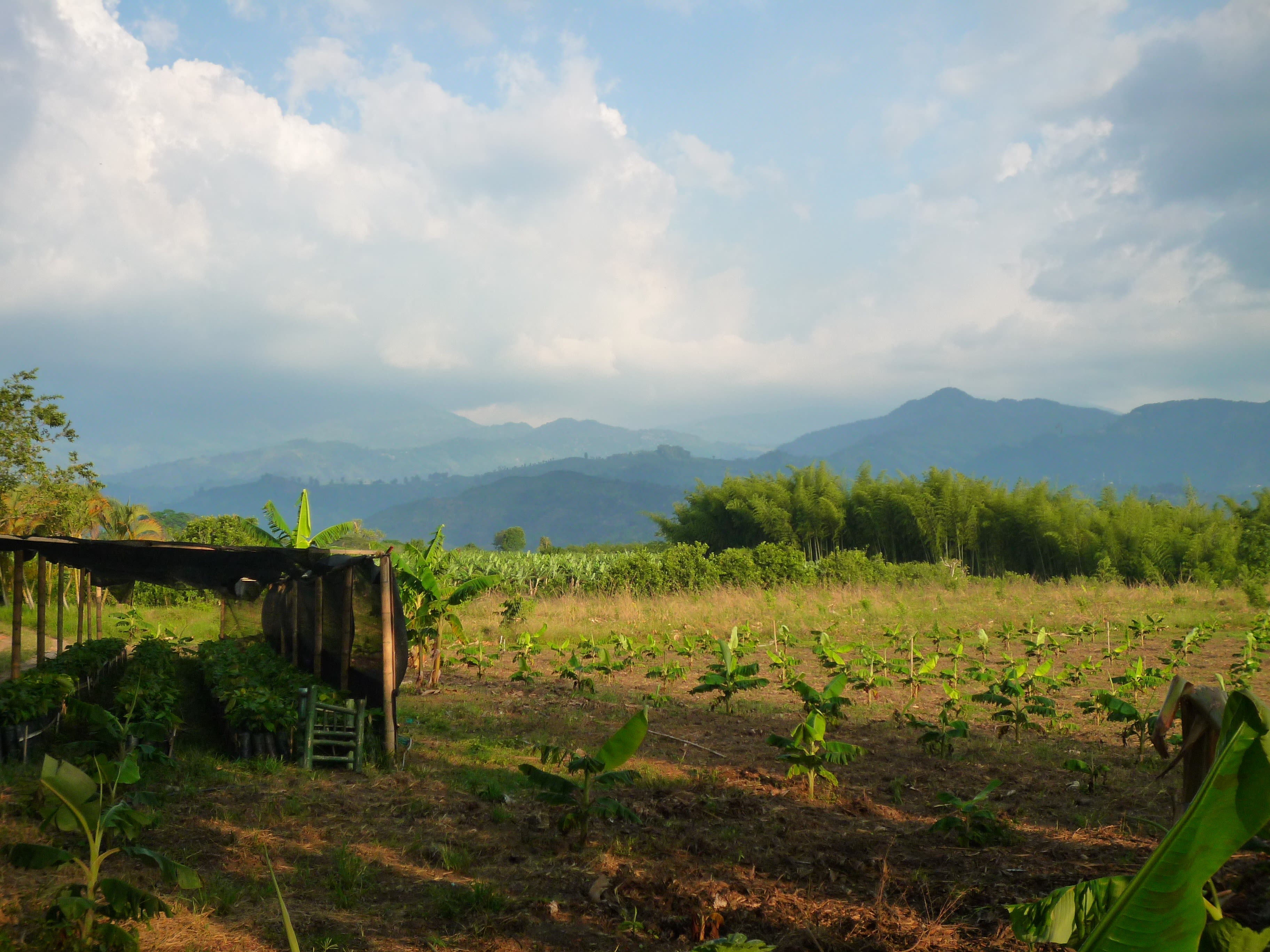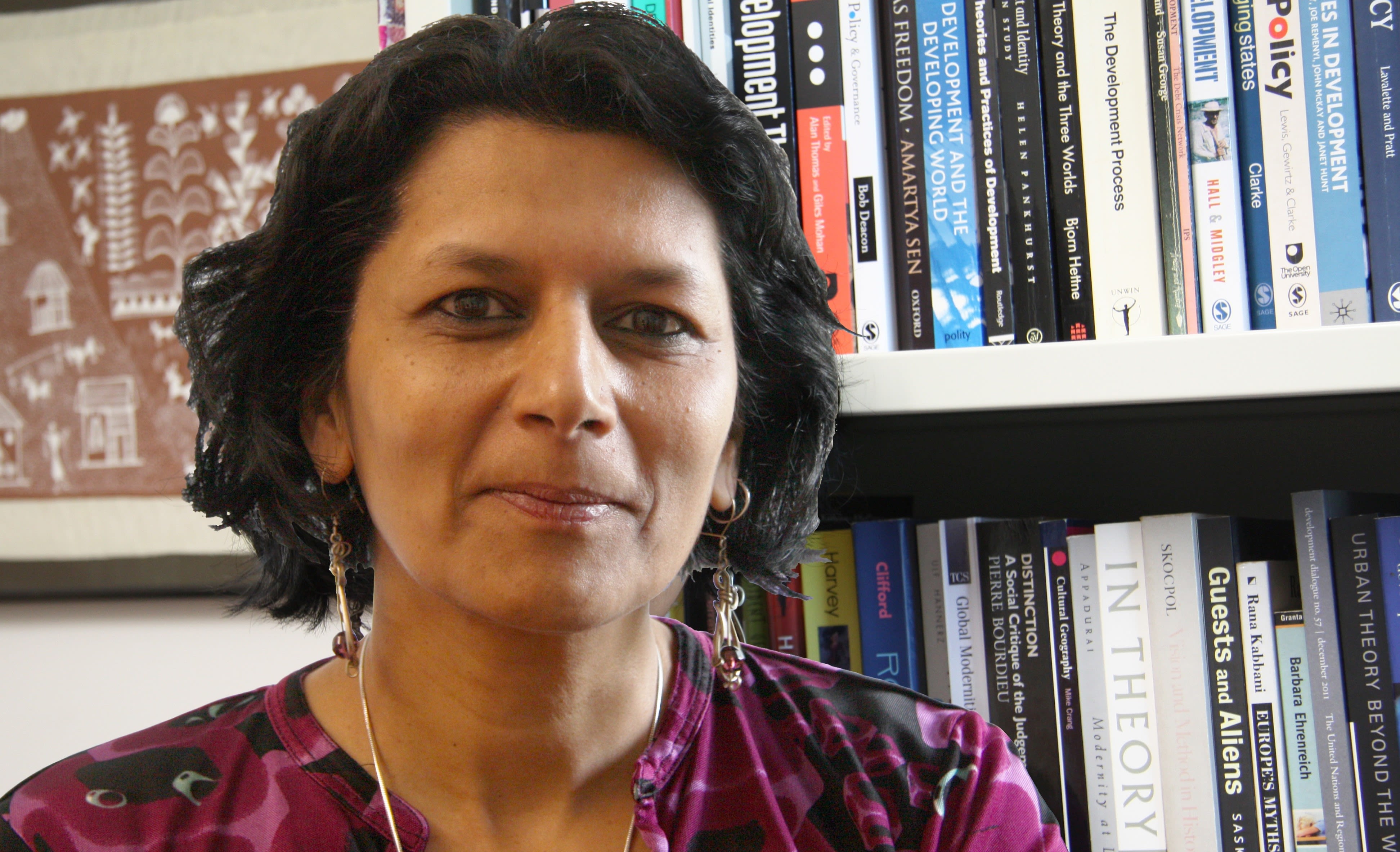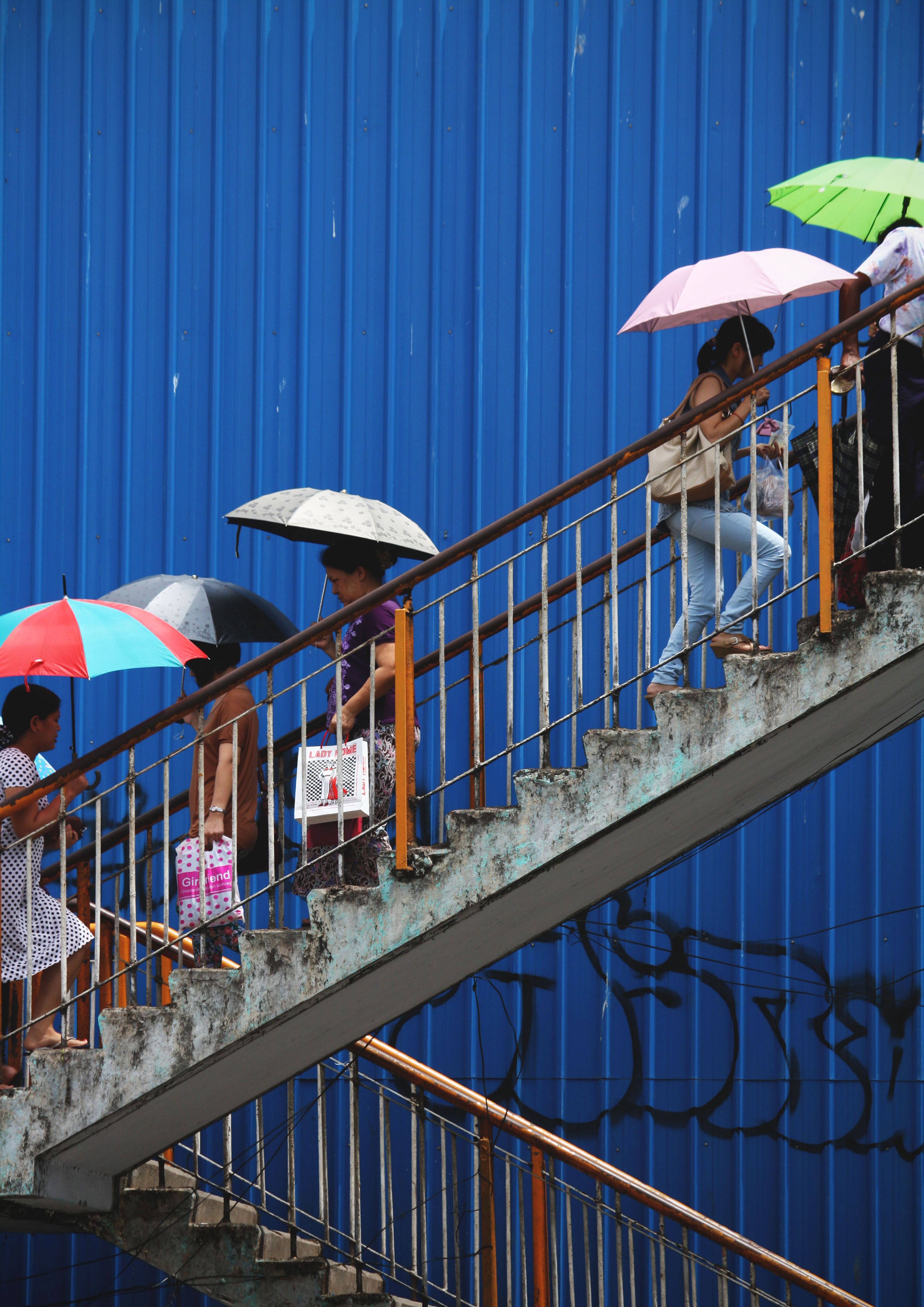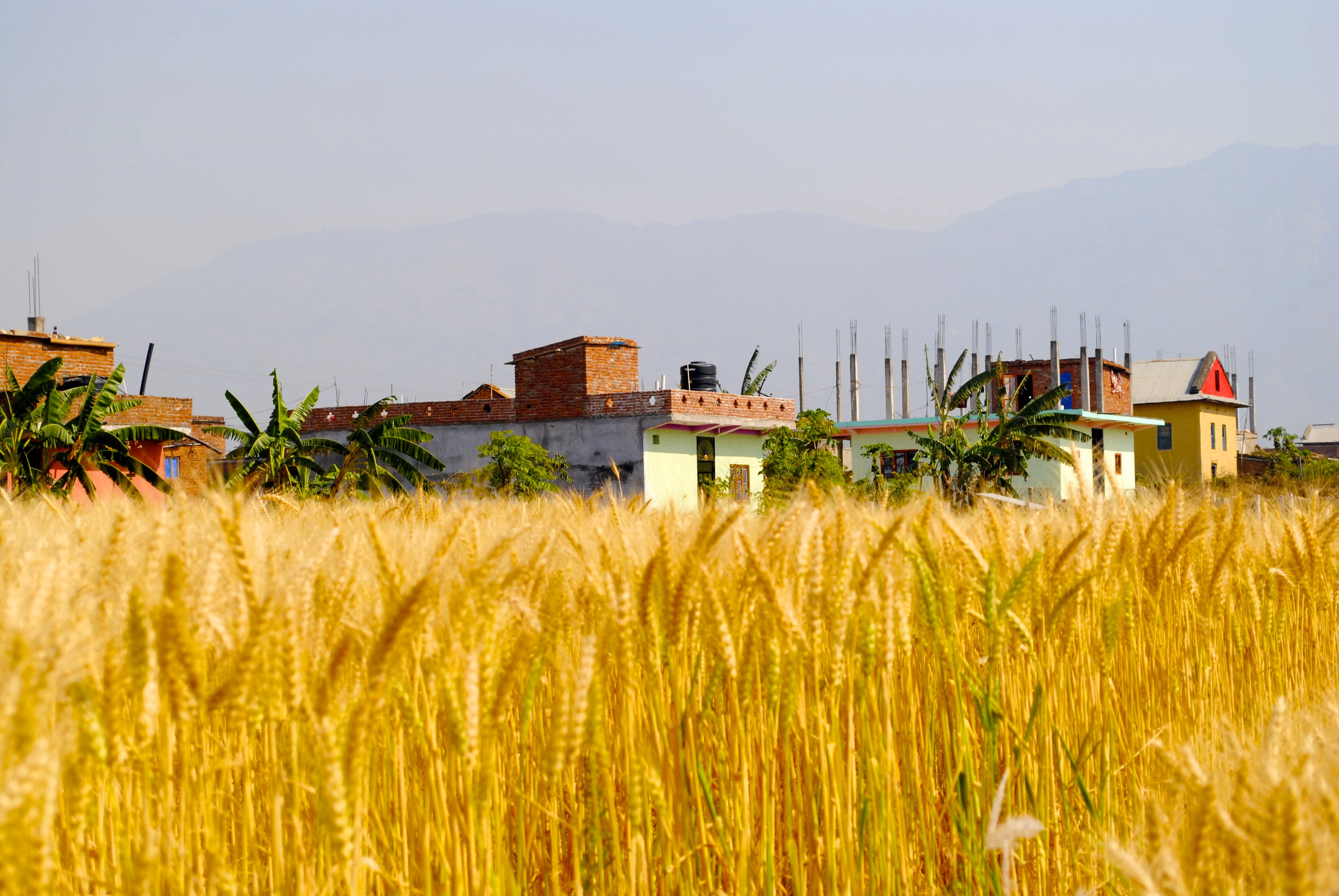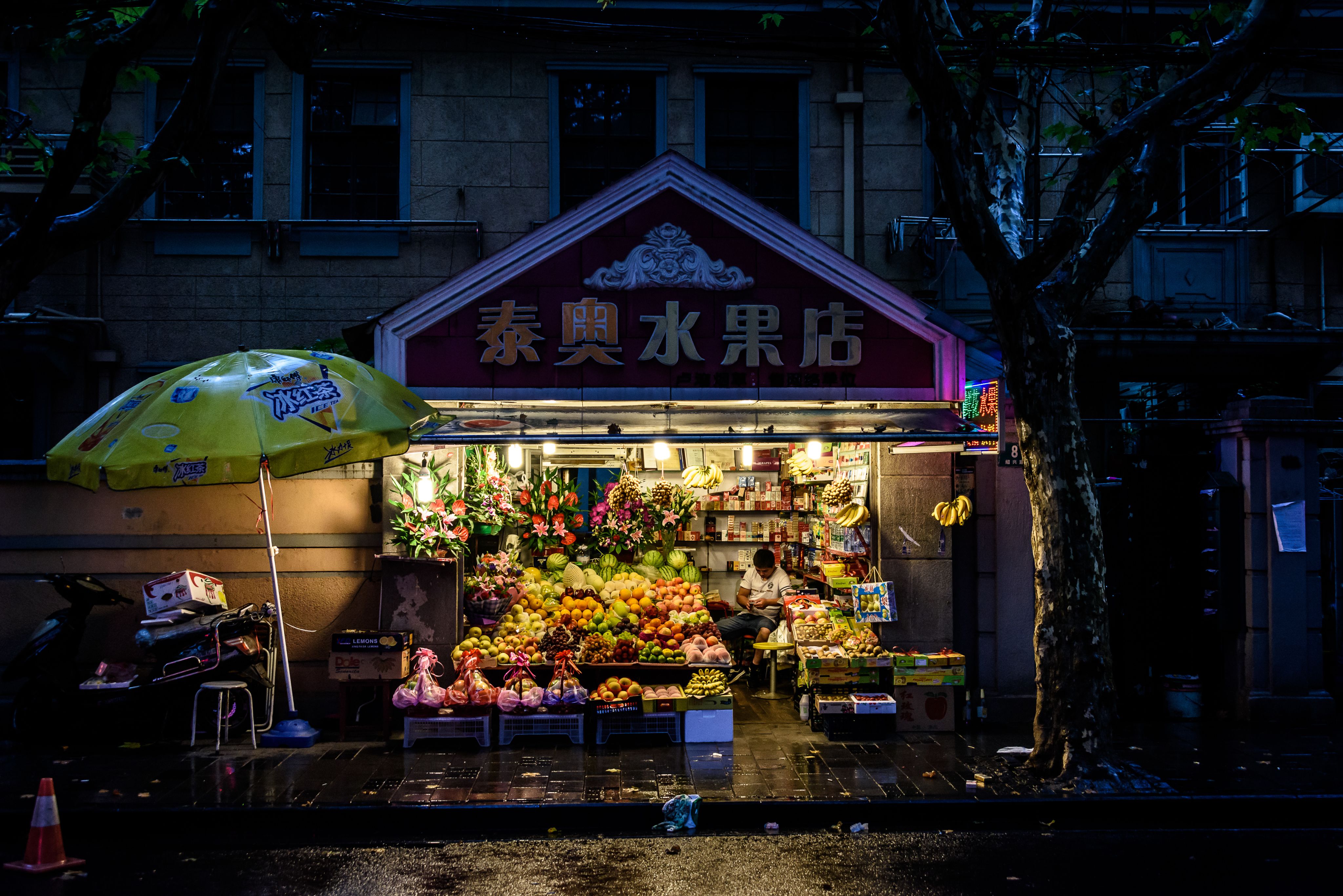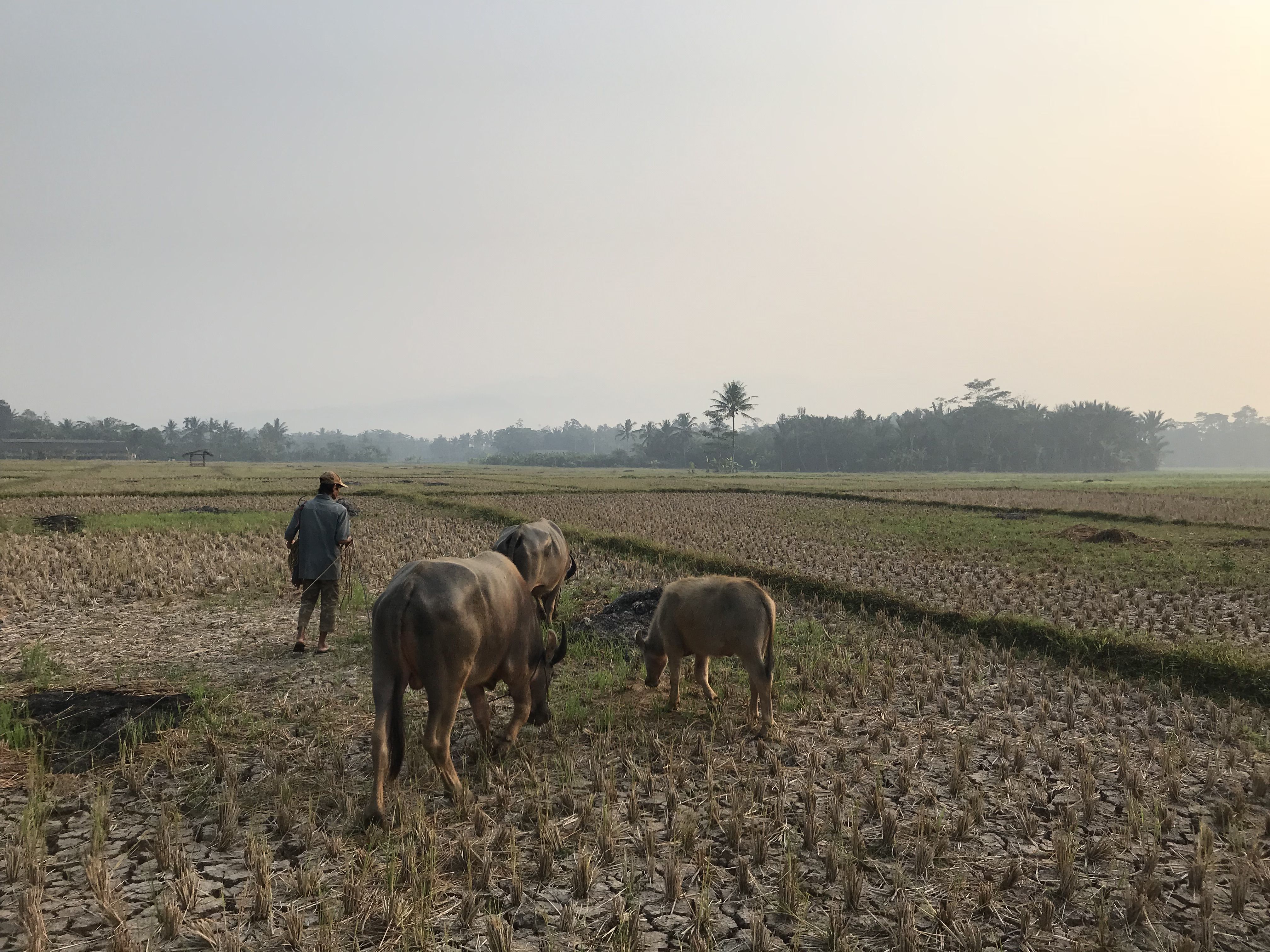Interdisciplinary Global Development Centre
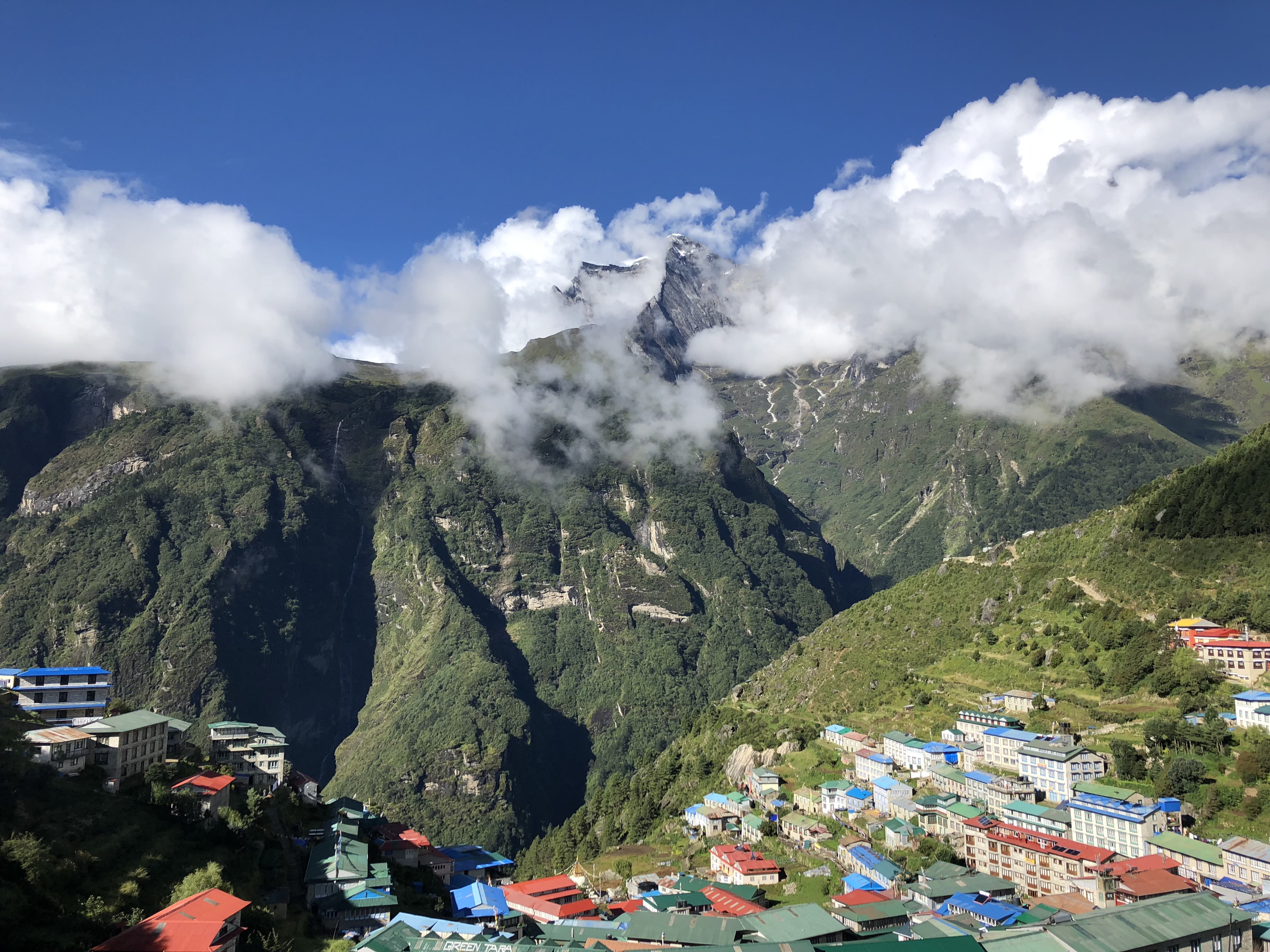

A fairer and more sustainable world achieved through global solutions that transcend national, structural and societal boundaries.
"At IGDC, we're proud to be at the heart of the University of York’s global development research community. We connect and convene a vital network of researchers from across natural and applied sciences, social sciences, and humanities to find solutions to the most urgent challenges of global development.
This year we have entered a new phase which is focused on research and partnerships. We have hosted engaging events for our members; built relationships with development actors in the UK and overseas; and provided support to enable new research funding applications.
By stepping back from undergraduate teaching, we’ve been able to devote more time to the development of new, interdisciplinary research collaborations.
Our new website helps us to act as a hub for global development at York, informing those within and beyond the University about the latest research and activities underway across all three academic faculties. Together, these achievements have helped deepen our shared commitment to global development within a University that exists for public good."
"Our commitment to inclusivity, responsibility, sustainability and integrity guides everything we do at IGDC. We advocate for better ways to work in global development, sharing guidance and best practice across our community. We find people-centred solutions to global issues, and foster a sense of shared purpose and collaboration.
We at the IGDC are proud to be able to support a strong research community–comprised of staff and student members– at the University of York, and to contribute to their individual and collective research endeavours that speak to some of the most pressing global issues in the world today.This highlights report provides a snapshot of projects and activities from our members that inspire us and link to emerging themes in our work - global health and wellbeing; sustainable environments; social justice; and decolonisation.
We look forward to seeing what this coming year has in store as we work with you towards our shared vision for a fairer and more sustainable world. This vision can only be achieved through finding global solutions that transcend national, structural and societal boundaries."
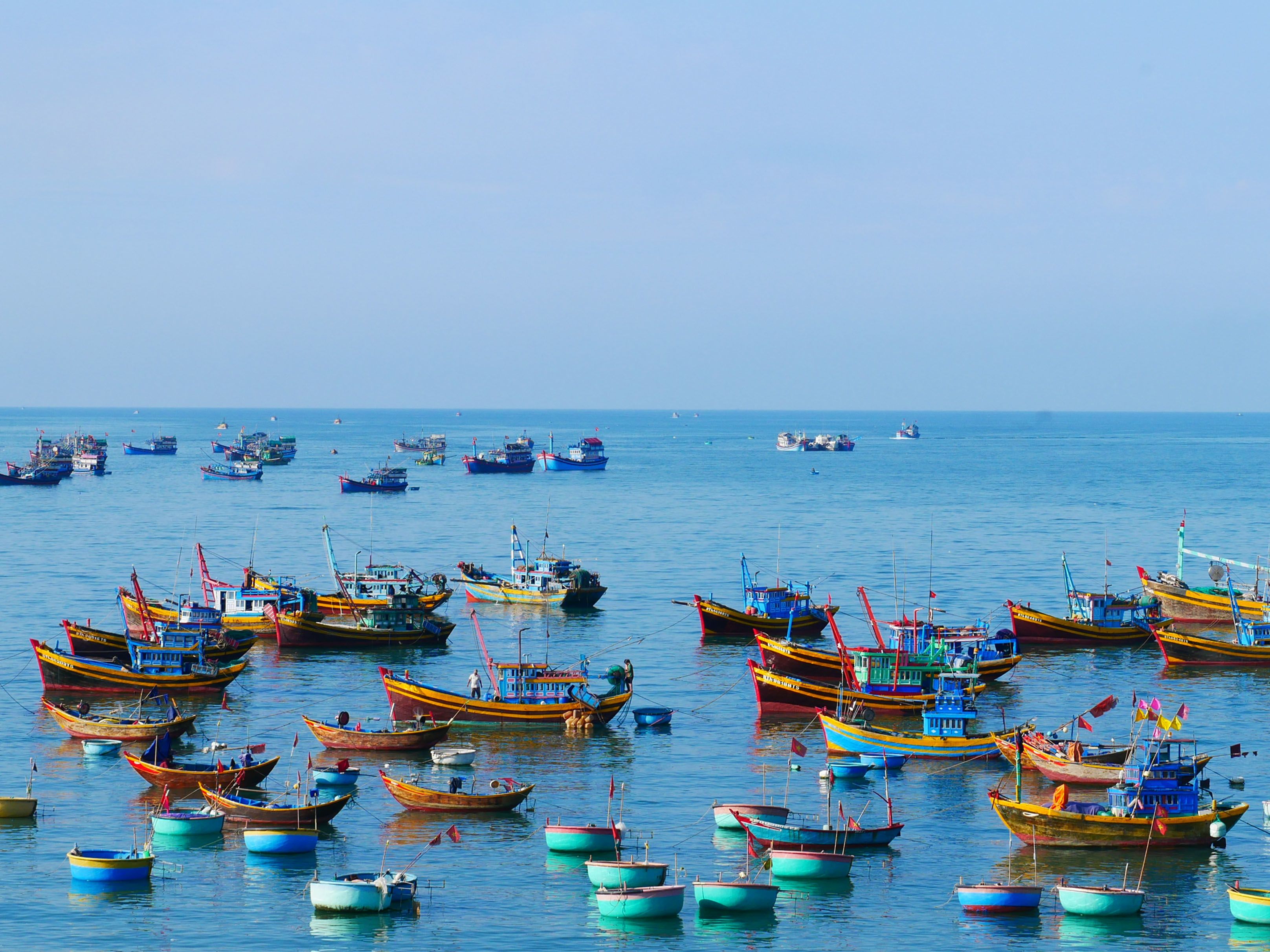
Global health and wellbeing
Our research looks to understand and enhance health and wellbeing as a fundamental human right for all.
research Spotlight
The Thanzi Programme: Improving population health in East and West Africa
The Thanzi Programme is a collaboration between the University of York’s Centre for Health Economics and global partners, aiming to reduce health inequalities and improve population health in East and West Africa. The research produced by this programme informs national decision-making and efficient allocation of healthcare resources. The programme’s economic analyses contribute towards the development of national health benefit packages and investment in health system strengthening; and its epidemiological modelling has produced the world’s first whole-country health system model which allows Malawian policy-makers to simulate the deployment of health finances, facilities, and people to produce the best population health outcomes.
Sustainable environments
Considering how environmental costs and benefits arise and are distributed in the places that people live and work.
research Spotlight
National Water Policy Roll out in Vanuatu
An ambition of the Government of Vanuatu’s recently established National Water Policy (NWP) is a programme of quality monitoring of local water supplies in 2,000 communities.
One major challenge lies in how to govern this new system to ensure it works for the benefit of all. In this work and earlier projects in Vanuatu, we have worked with communities to emphasise the centrality of local social arrangements to the sustainability and equity of water quality outcomes.
Building on long-standing relationships between the research team and local partners, this project involved working directly with NWP implementation stakeholders, to raise awareness of the persistent yet hidden failure of externally imposed committees as a means to manage water quality. At the same time, we built support for alternative ways of working that are capable of overcoming entrenched social inequality and sustaining the delivery of clean water.
Social justice
Research concerned with how just and sustainable futures can be delivered despite persistent social, political and governance challenges.
research Spotlight
THE UK-RWANDA PARTNERSHIP AS THE ‘END OF ASYLUM’: EXTERNALISING BORDERS, OFFSHORING AND RESISTANCE
The UK-Rwanda agreement (and similar schemes, for example by Australia and Denmark) seeks to remove asylum seekers deemed ‘non-admissible’ by the Home Office to the central African country. To many activists, scholars and commentators this marks a significant transformation of the UK’s asylum regime and a clear breach of international law. Indeed as the Conservative government has pushed the plan through parliament alongside further restrictions on the right to apply for asylum in the UK, this could be called the 'death of asylum' (Mountz 2020).
This research network explores the development of the UK-Rwanda partnership, and the social, historical and political forces which shape this plan and the externalisation and offshoring of asylum more widely. As importantly, it also seeks to explore how these policies are resisted and consider what political alternatives might look like. The project aims to build capacity to understand the long-term social forces, material and political interests that underpin the policy, as well as broader social consequences of externalising asylum and its alternatives. The network has a core membership of 20 scholars from across White Rose Institutions and associate members from across the UK as well as Canada, Denmark and the US.
Decolonising development
A major challenge and opportunity to expand how we think, how we work, who we work for, and how we understand and measure success.
IGDC has been supporting our members to engage with decolonising development through partnerships, events, workshops and other tools that help explore how research can be decolonised in practice.
UFBA partnership
In the last year, IGDC has hosted two workshops in partnership with the Federal University of Bahia (UFBA), Brazil. These in-person events enabled shared learning between colleagues from UFBA and York, based on diverse experiences of using participatory research methods in decolonising global development research.
Annual lecture
IGDC’s 2023 Annual Lecture as presented by Professor Uma Kothari. Prof Kothari’s talk, ‘Towards decoloniality and justice: when the past pushes unfinished into the present,' surfaced critical issues in struggles towards decoloniality, emphasising how we have learnt to ignore legacies of empire, race science, dispossession and exploitation.
Research Away day
At the IGDC Research Away Day we explored the urgent requirement for decolonising development research, tackling obstacles, and collaboratively shaping a path that aligns with the wider goals of inclusivity and justice in the field.
Against this backdrop, the concept of positionality and the inherent power dynamics within development research come under scrutiny.
PhD researchers Stella Nwawulu Chiemela, Luqman Muraina, and Aasim Sheikh provide an overview in one of our latest blogs.
upcoming Podcast
The IGDC has received funds from the University’s Enhancing Research Culture fund to develop a series of three podcasts that explore and explain methods for decolonising global development research. The podcasts will support academics to develop research practices that respond to histories of coloniality and epistemic injustice. The IGDC is working with our partner, UFBA , to produce this this series and we look forward to sharing them with you soon. Two blogs setting out the focus of the podcasts are available on our new blog platform.
Events
Webinar series
In 2024, the IGDC launched a webinar series, “Land and Agrarian Struggles in Asia and Africa,” in partnership with the Centre for Asian Studies in Africa at the University of Pretoria.
The series features round-table discussions with academic researchers, activists and practitioners that address political and socio-ecological dimensions of movements for land rights for agrarian communities across Asia and Africa. The first webinar event as a part of this series was held in April 2024 and focused on the issue of “Indigenous Land Questions: Transregional Perspectives Across Asia and Africa”.
PGR collective seminar series
Post Graduate Researchers (PGRs) working in the field of Global Development are an integral part of the IGDC research community. In 2023, a group of PGRs working in global development formed a collective that developed a seminar series focusing on interdisciplinary perspectives to global development.
The first event linked to this series was organised in February 2024, featuring guest speaker Dr Hameed Chughtai (Lancaster University) who spoke about “Doing Interdisciplinary Decolonial Research in a Digital Age”.
proposal development
IGDC actively supports members to develop funding proposal applications, including through regular updates on upcoming opportunities. This year, for the first time, we have supported the distribution of internal University funds, as well as hosting workshops dedicated to building new thematic, interdisciplinary relationships.
Collaborating with York Environmental Sustainability Institute (YESI), we are developing a new network bringing together academics working on social science approaches to climate change. And in another first, we convened a cross-faculty event that has led to submission of a proposal on off-grid solar to the UKRI’s Ayrton Challenge Programme.
